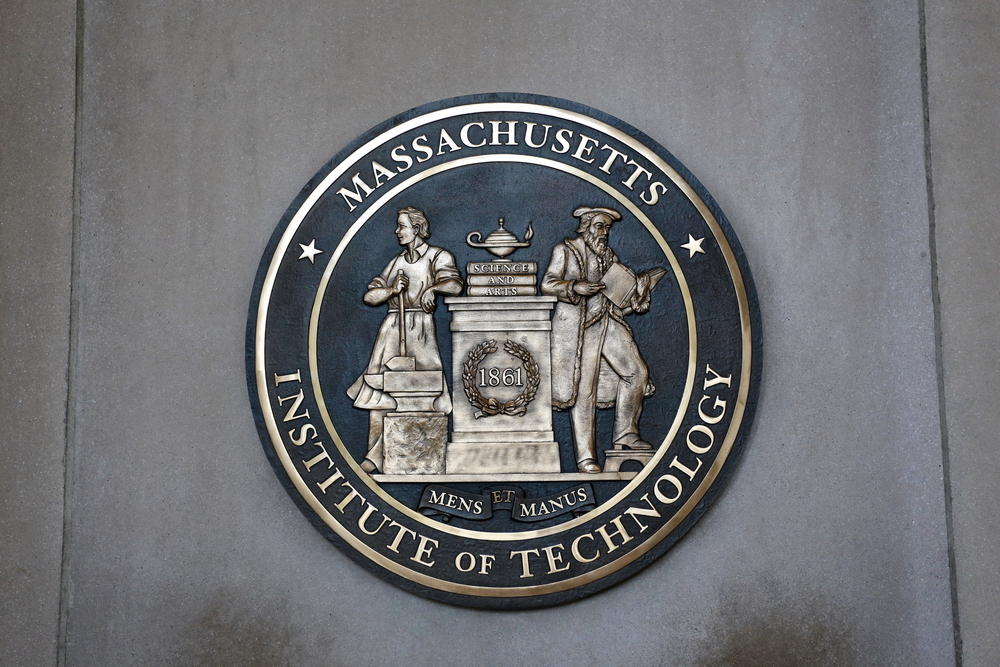Was Jeffrey Epstein into cryptocurrency? The alleged criminal made headlines several weeks ago when it was discovered he had committed suicide in his jail cell, but news is emerging that he may have contributed funds to MIT’s Media Lab and its Digital Currency Initiative (DCI). As a result, the Lab’s director Joichi Ito has resigned his position.
Ito Out at MIT
The DCI was developed roughly four years ago. Following the fall of Mt. Gox in Japan, bitcoin was incurring the worst bear period of its existence, having dropped down from roughly $1,100 to less than $200 at one point. The organization worked endless hours to establish cryptocurrency projects and help the coin survive its dark days.
It also took on several new employees and executives who had previously worked at the Bitcoin Foundation, a nonprofit that was facing “funding constraints” at the time. Among the employees to transfer over to the MIT initiative was Gavin Andresen, Cory Fields and Wladimir van der Laan. At press time, many of have left their posts with MIT to contribute their knowledge and expertise to Libra, Facebook’s new payment cryptocurrency.
Now that Ito has resigned his post, MIT is under heavy scrutiny, and many are wondering what the digital currency department’s connection was with Epstein, who may have been interested in cryptocurrency ventures.
In addition, Ito is also taking flack for the way he potentially views cryptocurrency – that it’s simply a money-making scheme in which one can allegedly get rich overnight. He also seems to hint that it’s easy to become corrupted by the financial benefits of crypto, and that he may have accepted funds from Epstein whether the notion was right or not.
In a resurfaced interview with Neha Narula, the DCI’s director, Ito explains:
Money corrupts… I think the real problem with all this [blockchain and cryptocurrency development] is that cryptocurrencies are sort of fundamentally about money. It has this weird dynamic of enticing people to take a path where they could see their work converted into cash. It’s hard not to take that [path] because if you have a family, you almost have a family responsibility to care about money.
So, Which One Is It?
Despite all this, Ito also expressed criticism of crypto, saying that the industry was in danger of being “overly-funded” and that he had anxiety about “putting money first,” which seems to contradict his original statements. He explains:
My concern with today’s ICOs is that they’re being fueled by the gold-rush mentality around cryptocurrencies, and so are deployed in irresponsible ways that are causing harm to individuals and damaging the ecosystem of developers and organizations. We haven’t set up the legal, technical or normative controls yet, and many people are taking advantage of this.



